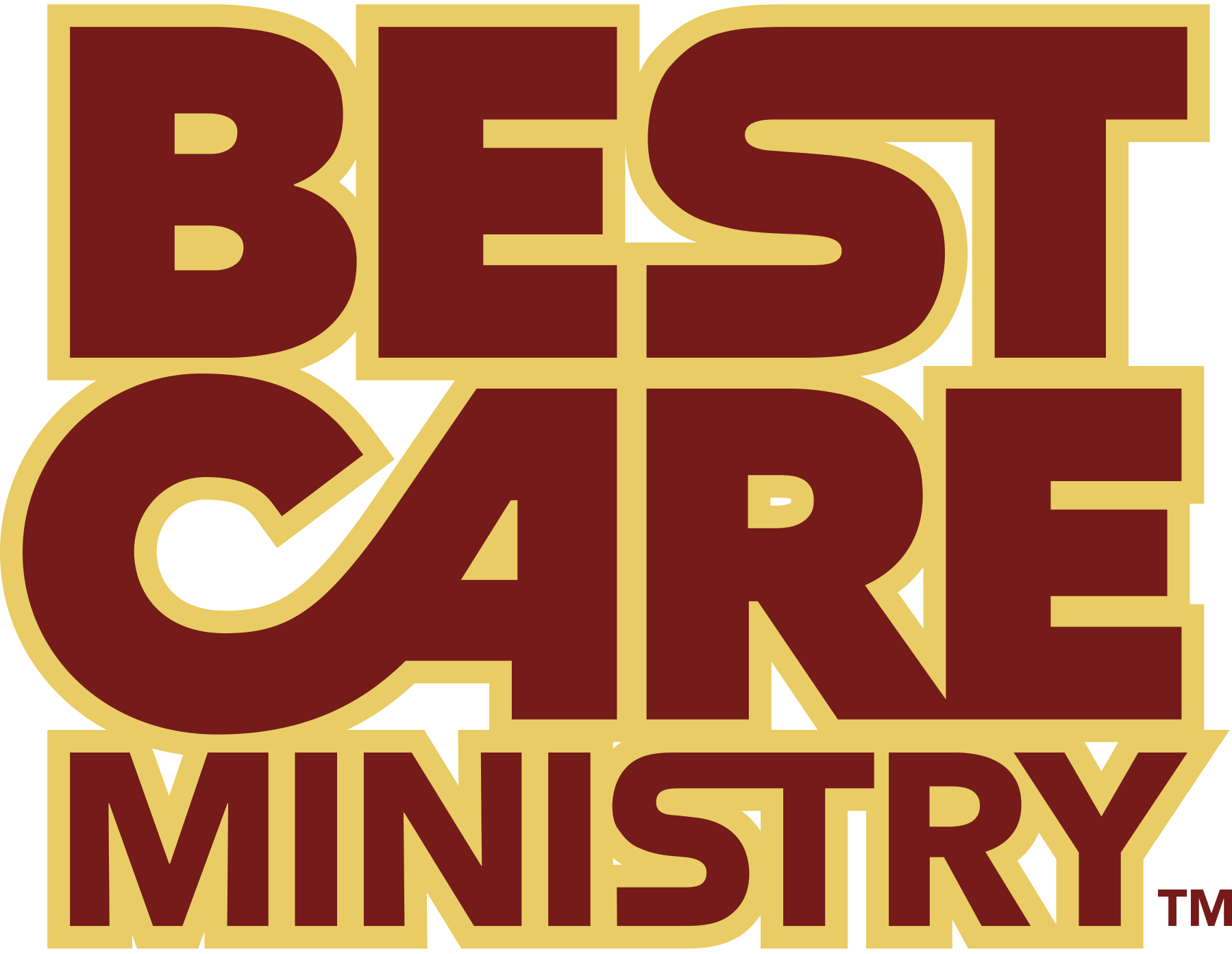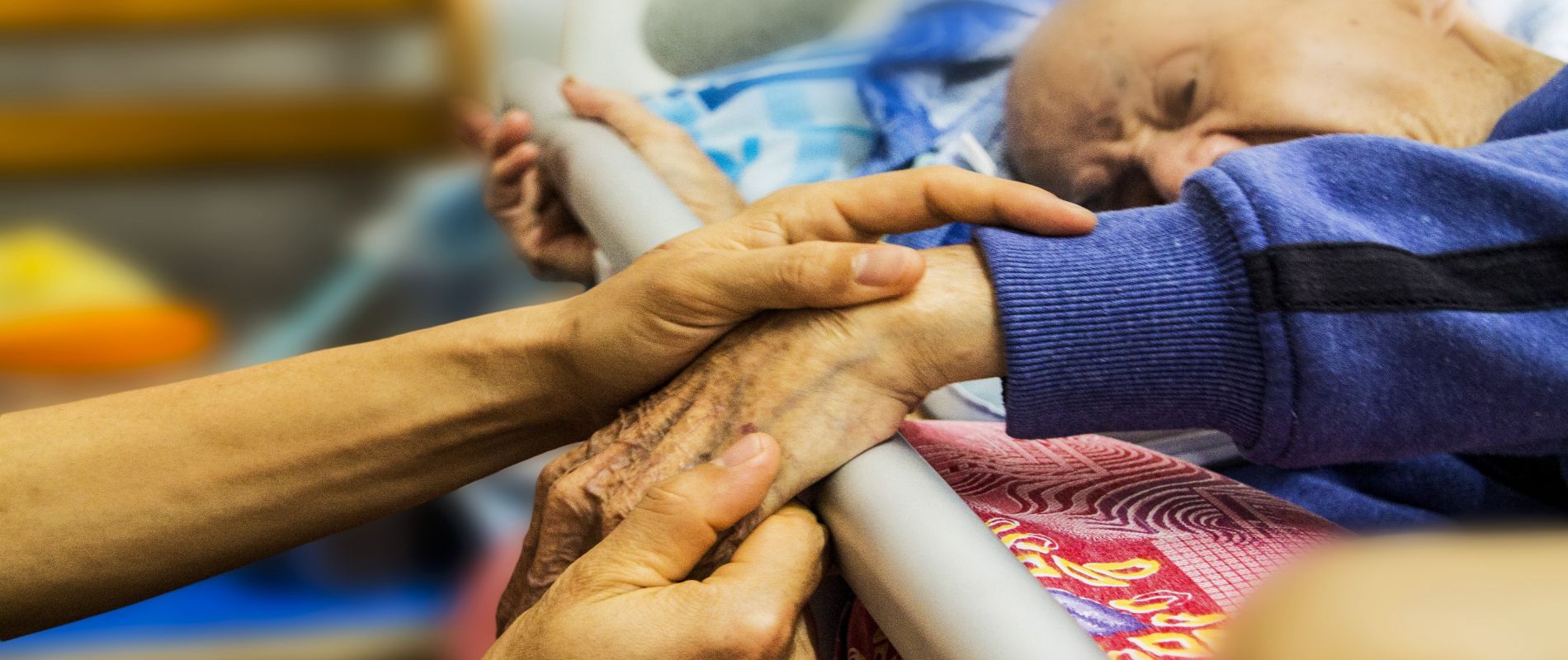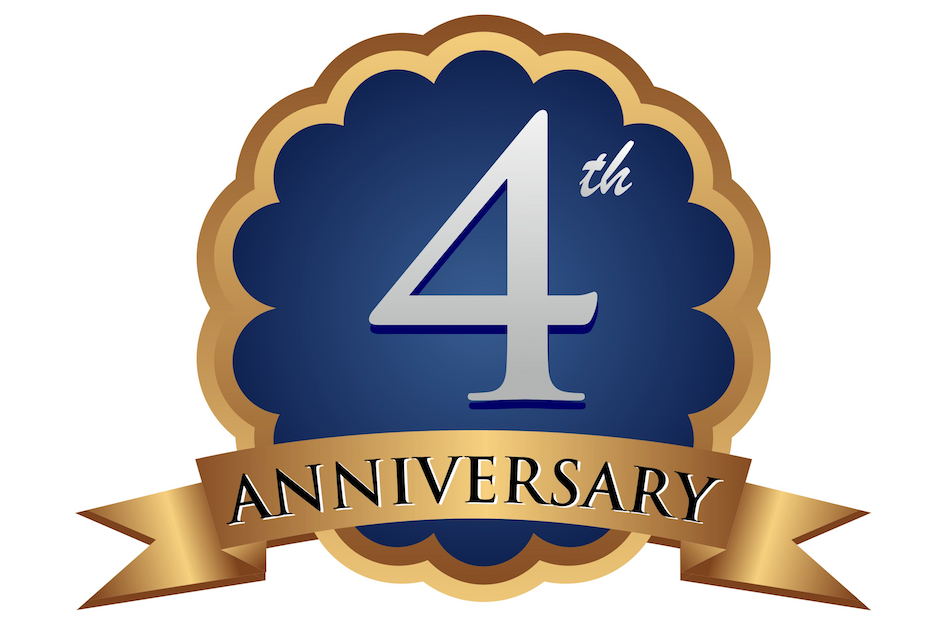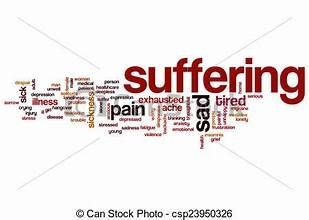We can express care in many ways.
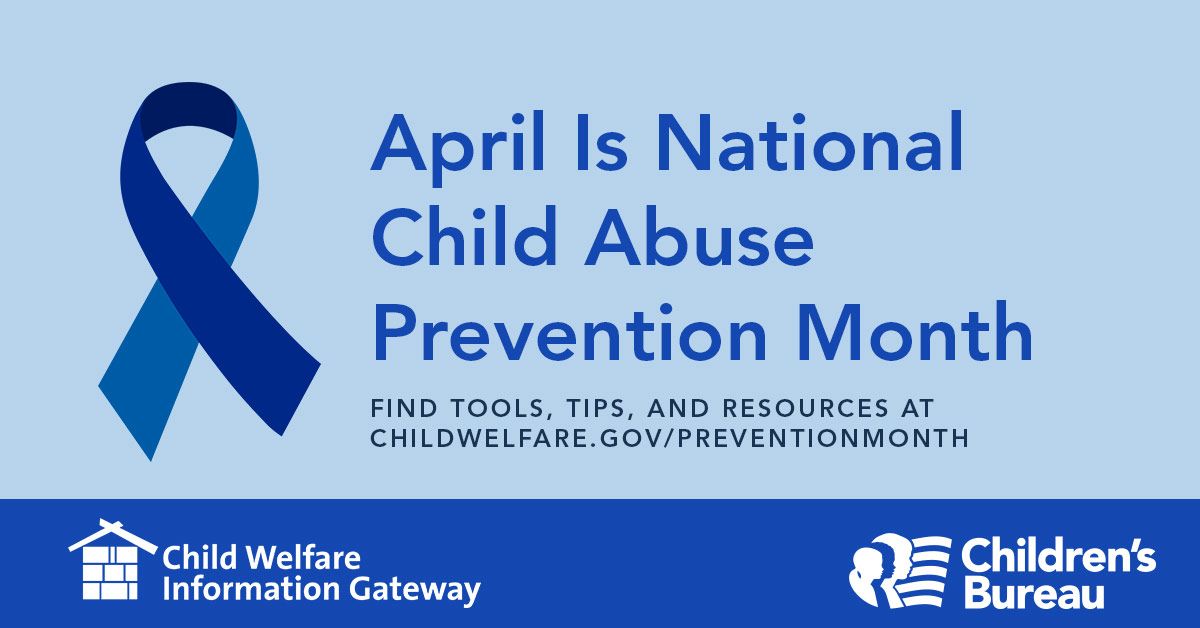
As a mandatory reporter it was with sadness and dread that I called Child Protective Services (CPS).
Before calling CPS I shared with my boss the disturbing message I received from a Mom. My boss thought I should make the call.
Then, for a professional perspective, we agreed that I should also call the counselling agency that we frequently refer people to and see if they thought I should make the call. They listened to the message I received and thought I should make the call.
Since there was strong agreement all around, it was then my responsibility to make the call to Child Protective Services.
The friendly voice at CPS put me at ease so I told her the message I received from the mother and asked, "Do I need to issue a formal report of child abuse or endangerment?" My feelings were confirmed and the formal report was filed and received.
There was never a doubt in my mind that I did the right thing.
I was also profoundly thankful that the County had the people with developed skills, legal authority, financial resources, experience (sadly too much, as they frequently face this problem) and deep compassion so they could deal with these complex problems.
CHILD ABUSE & NEGLECT
Child abuse and neglect frequently occur in families dealing with stress or in the midst of a crisis. Parents, relatives, and other caregivers are under many pressures in today’s society and may have difficulties dealing with problems in the personal, financial or marital areas of their lives. Drugs and alcohol use may elicit child abuse or neglect. Domestic violence can also play a role in child abuse or neglect. (Mental illness, including depression, leads to bad decisions and wrong actions with lifelong consequences. My addition.)
TYPES OF CHILD MALTREATMENT
Physical Abuse
May be the result of excessive or out of control discipline from a parent or caregiver. It may appear as bruises, marks or injuries inflicted by other than accidental means.
Sexual Abuse
May involve any sexual activity between an adult and a child. This can be for the gratification of the perpetrator, a third party, or for the exploitation of the child. Over 90% of cases reported involved the parent, a relative, or other known adult as the perpetrator.
Emotional Abuse
Chronic and consistent attitude or acts which interfere with the psychological and social development of a child. A child who is repeatedly belittled, ignored, or blamed for the family’s problems may be emotionally abused.
Neglect
Inadequate or dangerous child-rearing practices. The parent or caregiver fails to act on the behalf of a child. A child does not receive adequate food, shelter, clothing, medical care, supervision, or education may be neglected. It may not produce visible signs and usually occurs over time.
Dependency
A child that may be homeless, destitute or without adequate parental care and support through no fault of the child's parent or caregiver. The child may lack adequate care because of a mental or physical condition. The child may also be in danger of being abused or neglected because they live in a household in which a sibling or other child who resides there is abused, neglected or dependent.
There are many ways to express care.
When we care we are more aware.
When we are more aware we are better educated about the problem and also the resources that are available to address it.
That encourages and empowers us to take action and make a difference.
Problems of this magnitude requires all agencies, organizations and caring people from the community to take action. It is a problem where we who care in the faith community can part of the efforts that makes a difference.
Awareness this month can be the spark to be alert every month. Go to the official Child Welfare website to get a Resource Guide and muh more helpful information.
https://www.childwelfare.gov/topics/preventing/preventionmonth
I hope this post encourages and empowers you to provide the best care for your congregation and community.
